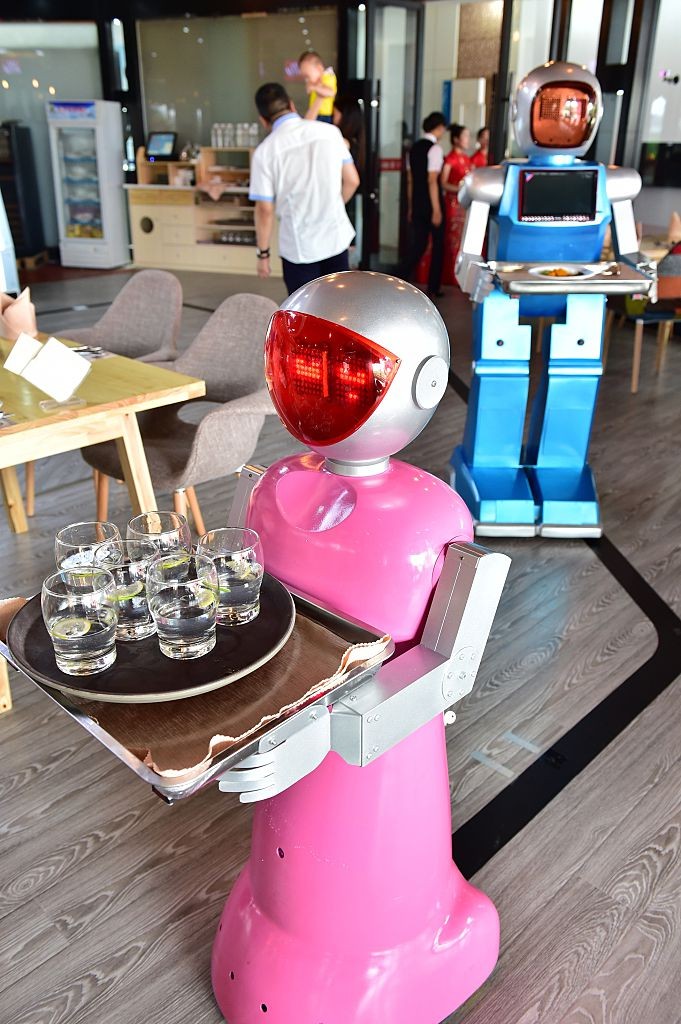China’s expanding robot industry might be at risk as the sector suffers from low-quality, too much duplication, and overinvestment, a top technology authority warned.
A report from the South China Morning Post highlighted the country's speedy transformation of the manufacturing industry into a more high tech one.
Thanks to joint efforts by the private sector and the government, the robot industry had grown very quickly.
Despite this, Industry and Information Technology Vice Minister Xin Guobin believes that China's robot sector had too much blind expansion over the years of its growth in the country.
Robot Industry Growth
China has always wanted to improve its too traditional manufacturing industry. It made efforts to reform manufacturing works by incorporating artificial intelligence into the process.
However, the country somehow remains in trouble as Engineering.com featured the struggle of manufacturing companies in modernizing their plants.
According to the article, some companies "have cheated to obtain subsidies" as indicated by the "Made in China 2025" economic policy, a.k.a. "MiC2025," which was launched earlier this year.
The policy stipulates that local manufacturers who make use of advanced manufacturing technology and artificial intelligence in their operations will get incentives.
Because of this, the sales of industrial robots in China increased by 16 percent from 2014 after reaching sales of 66,000 units, per estimates from the International Federation of Robotics as cited by the SCMP.
Emerging Problems
But insiders are already revealing industry secrets, with China Artificial Intelligence Robot Industry Alliance executive director Wang Cairong deeming it necessary for the country to launch a nationwide probe on these companies.
"The industry is now in a subsidies-driven bubble," Wang said. "It's time to launch a nationwide campaign to investigate these companies which have received subsidies through deceit or illicit connections
More recently, China's vice-minister for industry and information technology Xin revealed that the country's robot sector is not as advanced as it should be.
In fact, many manufacturers use robots that function the same as others that have already been invented and only perform simple tasks like loading and carrying.
Because of this, some onlookers and experts on the industry believe that there is a significant gap in innovation that should have been remedied by the MiC2025 incentive program.
"There's such a huge gap that needs to be filled by innovative companies. Instead of repeating what others have done, domestic companies should focus on sorting out such bottlenecks," Guangdong Robotics Association Executive President Ren Yutong told SCMP.



























